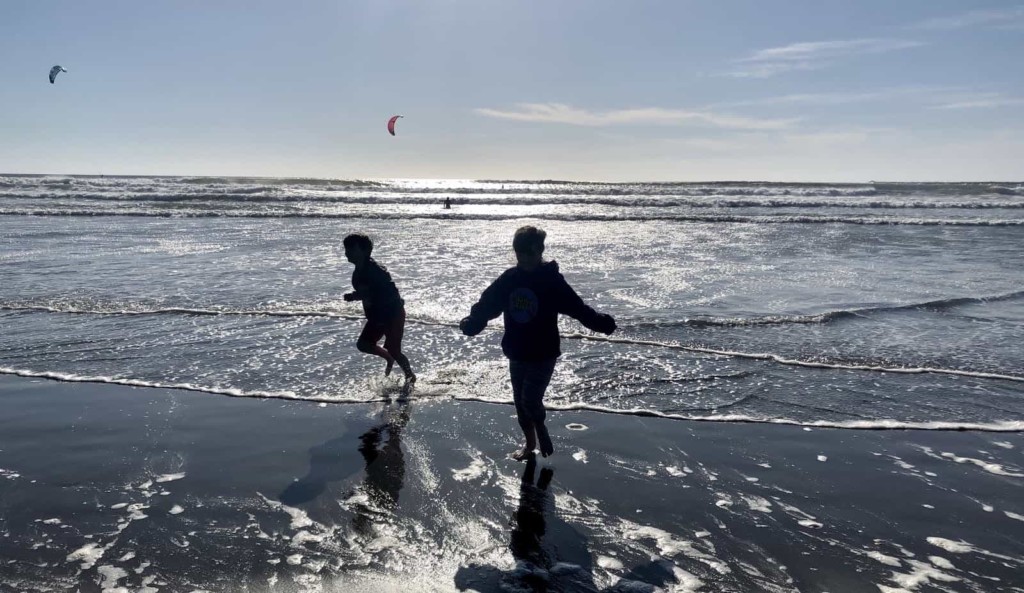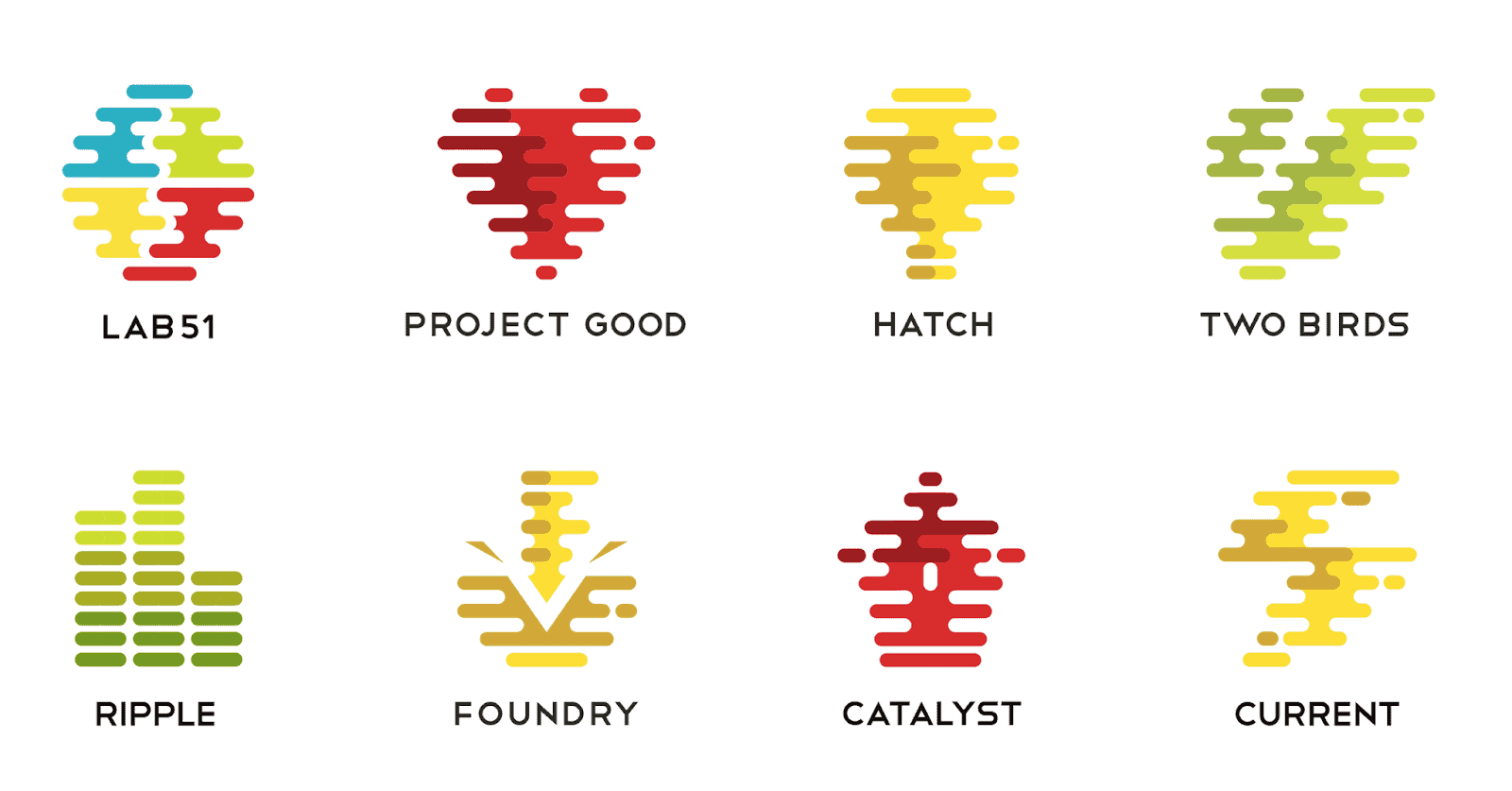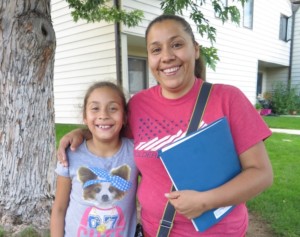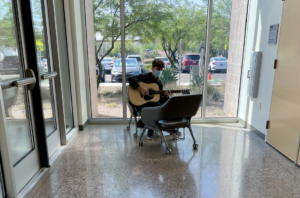Summer Learning Opportunities for Community and Real World Experiences

Updated August 2023
Teachers are tired, administrators are frustrated, and learners–well, some are flourishing while many are floundering with remote and hybrid learning models. Many states are offering or considering support for summer learning. And it’s quite possible that there will continue to be federal and state funding available for continued development.
Since the pandemic, we’ve seen a number of new strategies emerge to maximize the summer and provide students with new high-quality learning experiences.
Some school districts are extending the school year by 20 days. Some will continue to offer remote learning over the summer. Many will offer credit recovery options and academic acceleration programs in reading and math. Some will staff it internally, others will contract with nonprofit partners like Cadence Learning formed by former Newark superintendent and New Jersey chief Chris Cerf.
Ector County ISD in west Texas is focusing on accelerating the progress of elementary students by adding 30 days to the elementary school year and has been working with Harvard to set up performance-based (i.e., pay for gains) high dose tutoring in English, math, and science.
After a year of full or part-time video conferencing, the last thing students need is a boring drill-oriented approach. Parents have more agency than ever before and see firsthand the experiences that do and don’t work for their children. Learner-centered options that are interest-driven and layered with real-world learning opportunities is the expectation for summer and beyond.
Rethinking summer learning won’t erase the concept of learning loss caused by the pandemic and our recovery period. Learning loss can imply many things and often does not frame or address the real challenge: equity. The equity gap lies in the learning differences in what has been provided, what has been experienced, and certainly, the ‘missing’ learners who never showed up during the pandemic. Equity is at the heart of the national discussion.
Follow the Leader
Many competency systems, like Lindsay USD and Westminster Public Schools, will continue to meet learners where they are and rely on learning platforms with common assessments and increased access to online learning.
Cajon Valley USD will feature interest-driven projects and two-generational World of Work experiences where learners and parents will be invited to think about possible futures. Cajon plans to hire a Director of Summer Learning that will lead remote learning in the fall.
One Stone, a student-driven nonprofit in Boise, operates free after school and summer learning experiences for teens. Studios of digital and physical resources support social impact, entrepreneurship, marketing, audio, maker, multimedia, and coding experiences.

One Stone also creates leadership and service opportunities for high school students through Open Book Adventures Camp, a summer reading camp for first and second graders.
Summit Technology Academy in Kansas City will offer a variety of programs culminating in industry-recognized credentials this summer including certified nursing assistant, phlebotomy, project management, and tech skills.
With leading universities in 16 cities, AI4All will support summer camps where teens from underrepresented groups learn about artificial intelligence and use it to conduct impact projects.
Celebrate The Arts
Many learners have been deprived of rich art experiences –particularly performing arts–over the last 12 months. Summer programming (that includes some outdoor modifications) could include cascading presentations over the six Saturdays in July in spoken word, visual arts, music, dance, and theater.
Big Thought in Dallas will continue to engage youth over the summer in the arts:
- Creative Solutions is an arts-as-workforce intervention program for adjudicated youth, ages 10-17.
- Artivism empowers teens to curate and creates visual and performance productions consisting of multi-media art forms such as acrylic, charcoal, photography, videography, and spoken word to advance social justice issues.
- DaVerse Lounge is a unique creative experience for performers ages 21 and under, that combines spoken word, music, and visual arts. Hosted by spoken word artist Will Richey of Journeyman Ink, the (now virtual) program brings out the best in youth expression.
- Thriving Minds is a nationally recognized after school program that focuses on social and emotional learning, creative exploration and expression, and an inclusive learning environment, all tied to academic outcomes.
Museums could also be great summer learning partners.
Entrepreneurship and Design Sprints
Pro X is a 5-week paid summer internship or project supervised by a professional mentor for Kansas City youth. Students commit to 25 hours of professional experiences and learning each week. Students receive a $1,250 stipend and 1 hour of academic credit after successfully completing the program. A ProX coach supports every student through the application and placement process and during the 5-week learning and work experience.
ProX is a Real World Learning initiative sponsored by the Kauffman Foundation providing summer professional experiences for high school.
FutureShock is a ten-day summer experience where high schoolers explore their interests and hone skills to explore their careers. This summer, TFA’s Reinvention Lab ran three pilots of this “reinvented summer school” offering in Memphis, Payette, Idaho, and Los Angeles. Check out this short teaser. It’s a great example of high engagement, student-driven entrepreneurship and career exploration.
The Nalukai Academy Startup Camp is a ten-day intensive entrepreneurship, technology, and design camp for high school students The camp covers a multitude of different subject areas with real-world applications, such as management, digital storytelling, design thinking, and large-scale digital projects. Check out this podcast with academy director Aaron Schorn and high school student Sherry Jiang from Kealakehe high school.
Summer represents an opportunity to reconnect with and re-engage learners, to meet them where they are. It’s time to design experiences and supports with equity in mind.








Sarah Jencks
Summer is also the time for teachers to learn and reinvigorate themselves, especially after this terrible year. In the summer, teacher often choose to participate in summer programs offered by museums, colleges and cultural organizations that help them to find new resources, new skills, professional networks and motivation to continue their creative and essential work. At Ford's Theatre, we are like so many other cultural institutions offering intensive, restorative programming for teacher during the summer. Many other institutions do the same. When you mention summer learning, remember that teachers need to restore and keep learning as much as students. Without that learning, they won't be ready to return to the classroom in the fall. When it comes to summer learning opportunities, remember the teachers.